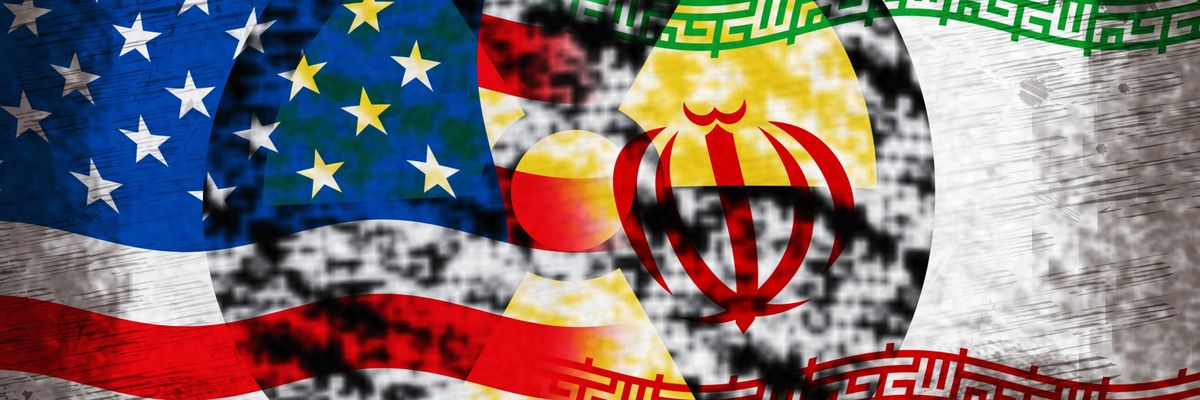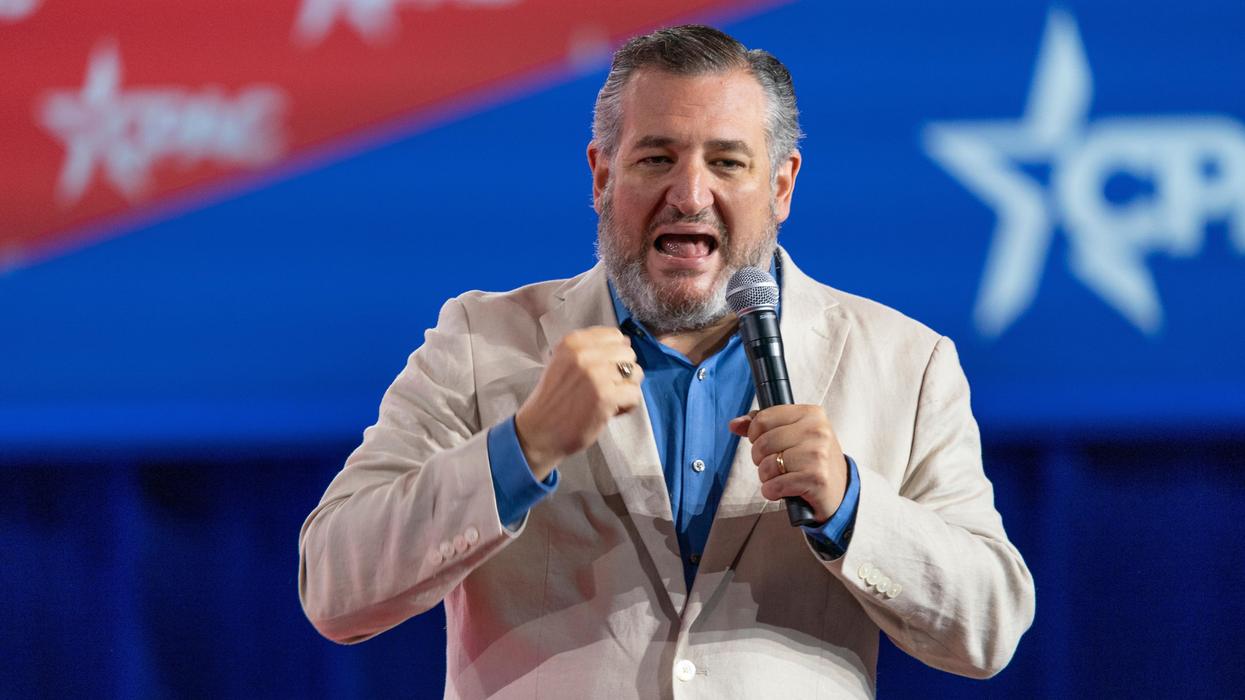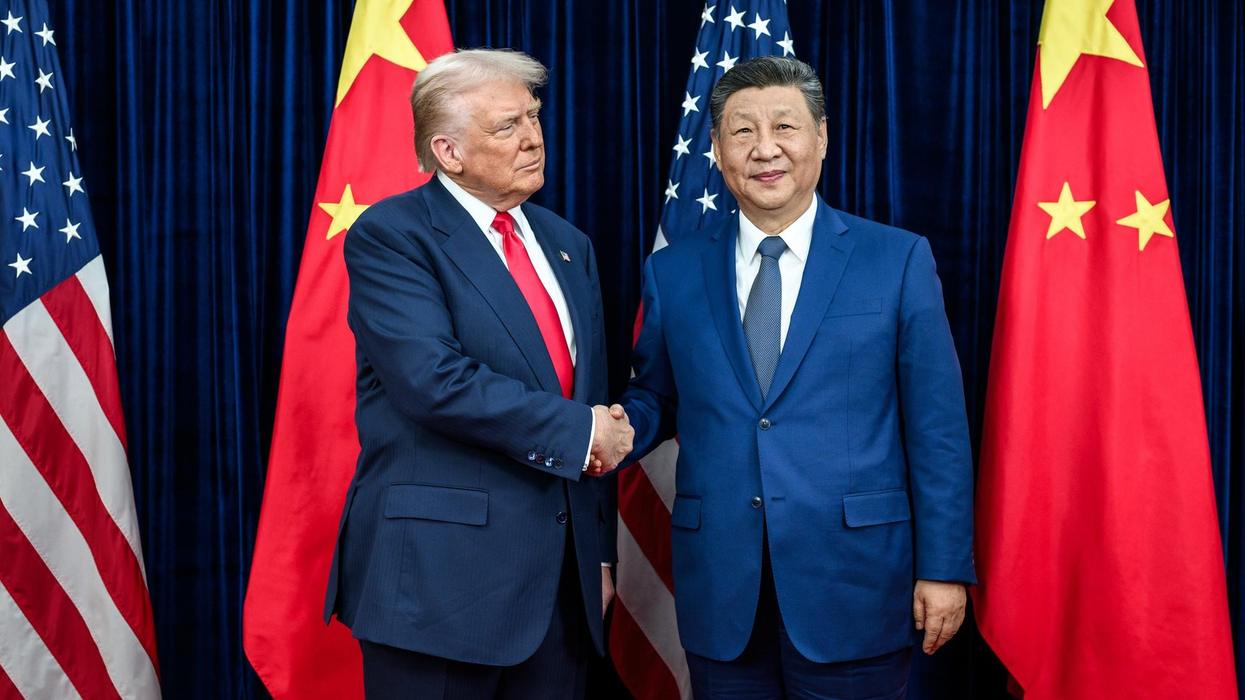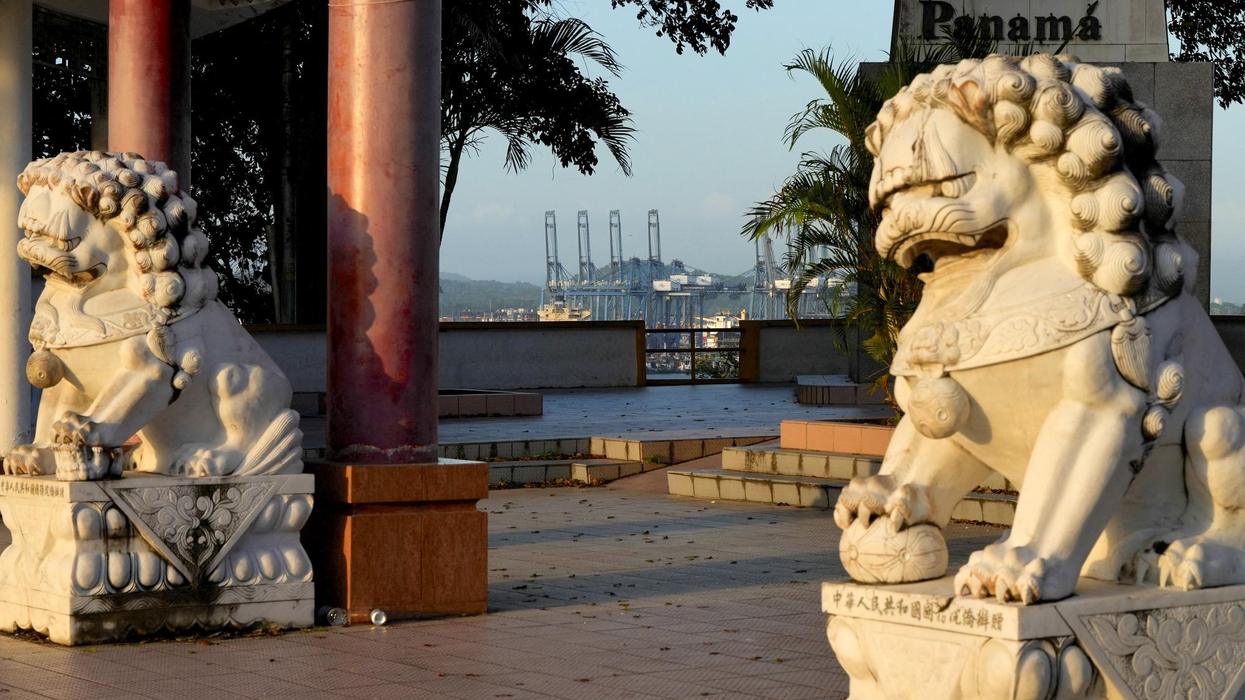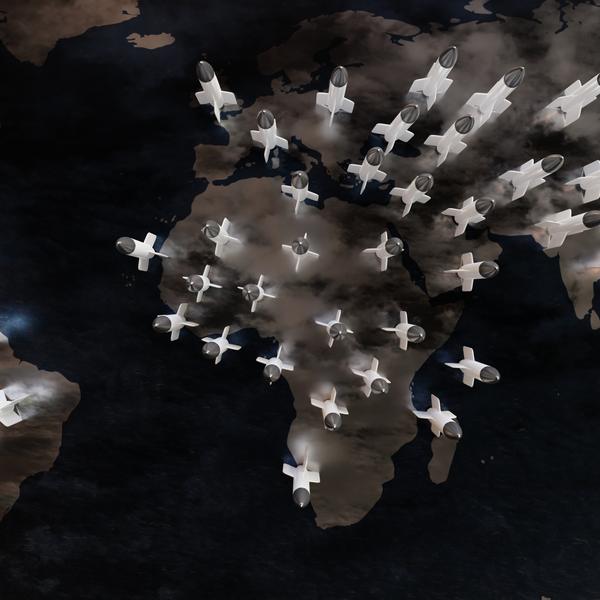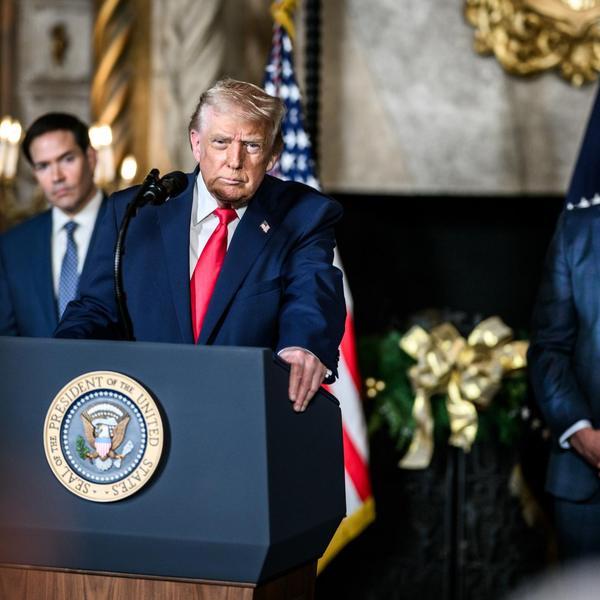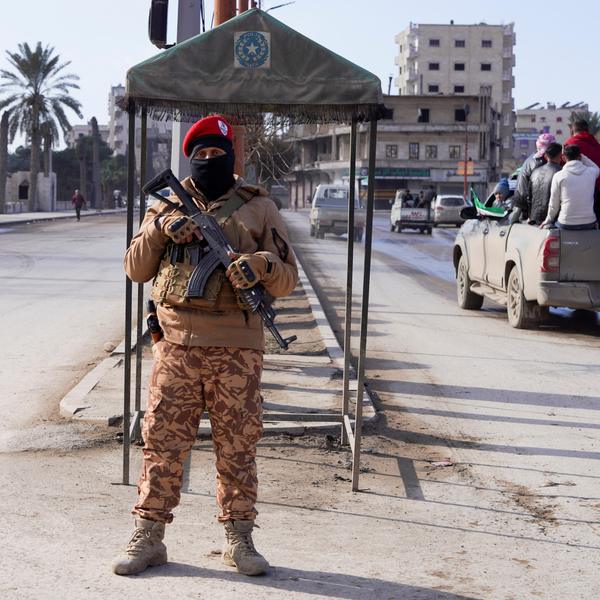The Iran hawks never miss an opportunity to get things wrong. As the murder of a young Iranian woman Mahsa Amini by the infamous “morality police” in Tehran triggered nationwide protests, Nikki Haley, former President Trump’s ambassador to the UN, warned against Washington getting into a deal with “anyone who treats their people this way.” Trump’s secretary of state Mike Pompeo, true to form, called for more sanctions on Iran.
In a similar vein, New York Times columnist Bret Stephens, after praising the Biden administration for “standing up” to the Iranian regime, suggested that it should go further — by withdrawing from the talks on a revival of the nuclear deal known as JCPOA. His reasoning is that “a regime that will not give relief to women deserves no relief from sanctions.” The Economist likewise sought to discourage Biden from engaging with Tehran lest it risked appearing to offer “the ayatollahs” a lifeline.
The political costs of talking to Tehran are undeniable even in the best of times, let alone when the regime is cracking down brutally on its own citizens, and with the U.S. mid-term congressional elections around the corner. Even so, Biden should disregard the hawkish voices and pursue the nuclear agreement. Not doing so would play directly into the hands of the very forces that are now engaging in domestic repression and increased adventurism abroad.
The Iran hawks’ narrative falsely suggests that the deal and the concomitant sanctions relief would reward the Islamic Republic for its policies. It conveniently omits the fact that the relief would only be delivered in exchange for Iran rolling back its nuclear program, under international verification mechanisms.
The only deal that the hawks would condone is for Iran to accept severe and permanent restrictions on its nuclear program while remaining under the U.S. sanctions indefinitely. They had an opportunity to test their approach in practice — during the Trump’s so-called “maximum pressure” campaign. It only led Iran to escalate its nuclear program. A “better deal” thus was exposed as merely a phantasy.
If the idea of withdrawing from the JCPOA was always bad, it is even more detrimental now considering the political shifts in Tehran. The moderate administration of Hassan Rouhani which sought better relations with the West has been wholly discredited by Trump’s aggressive policies. The hardliners who now dominate the whole political landscape in Iran have always been skeptical of the JCPOA.
Moreover, an influential faction within the hardline camp sees the JCPOA as irrelevant at best and constraining Iran’s security options at worst. According to this line of thinking, Iran has already weathered the storm of the U.S. sanctions. Following on from that, what Iran needs now is not to get sanctions lifted, but rather to further immunize Iran from them by seeking closer ties with Russia and China. Iran notably has become a full-fledged member of the Shanghai Security Organization.
Meanwhile, without the nuclear deal in place, Tehran appears to have already amassed enough know-how to be only a political decision away from building a bomb. With the looming power transition in Tehran amid Supreme Leader Ali Khamenei’s ill health, the remaining inhibitions, such as his stance against the nuclear weapons, may be brushed aside.
This potential shift should be assessed against the backdrop of Iran’s increasingly belligerent policies, such as strikes against the Iranian Kurdish groups in Iraqi Kurdistan allegedly fueling the protests in Iran; delivery of drones to Russia used in its aggression against Ukraine; large scale cyberattacks against targets in Europe and alleged assassination plots in Western countries, in addition to the continued practice of keeping the dual Iranian-Western nationals as de-facto hostages. Although these areas are not covered by the JCPOA, the absence of any agreement with the West has helped to remove constraints on the activities of the more reckless elements within the Iranian system. Further, if the JCPOA is officially terminated, nothing will stop Tehran from obtaining the nuclear weapon if it decides so, effectively shielding its mischief for good.
The West will face limited choices in that scenario: a war against a nuclear-armed Iran would be unthinkable. That leaves doubling down on sanctions and isolation as default option. The regime’s hardliners won’t be averse to such a development as it would enhance their control over the population and finally turn Iran into a North Korea. As to the protests over the worsening socio-economic conditions and oppression, the regime’s security apparatus has shown its determination to use whatever violence is necessary to quell them. A bomb and a tightening alliance with Russia would provide the regime with an ultimate insurance.
It doesn’t mean that such a scenario would necessarily work. By systematically purging the system from its more worldly and open-minded elements, and replacing them with ideologically reliable yes-men, the hardliners risk repeating the mistakes committed by their Russian analogues: believing their own propaganda of their invulnerability which could induce them to make a fatal miscalculation.
The West, however, cannot base its strategy on such an expectation. It should conjure the peril of a nuclear-armed Iran by insisting on diplomacy as long as there a window of opportunity.
Even within the hardline administration there are still relative pragmatists who see benefits in restoring the JCPOA and risks in putting all the eggs in the Russian basket. The U.S. midterm elections are now the new horizon after which the negotiations could resume in earnest. Meanwhile, the process, however moribound, is kept alive: amid all the havoc in Tehran, the head of the Iranian Atomic Energy Organization Mohammad Eslami met with the IAEA chief Rafael Grossi in Vienna to continue the dialogue on the safeguards issue — a key stumbling block in efforts to revive the JCPOA.
Apart from keeping Iran from the bomb, there are other benefits from reviving the JCPOA that the hawks willfully ignore: lifting sanctions would embolden forces of moderation in favor of re-engaging with the West. It would also empower Iran’s embattled civil society, including, prominently, the women protestors whom the hawks purport to support. Professing admiration for the brave women of Iran while denying them the means and tools of organizing in defense of their rights is nothing short of hypocrisy.
Both for sound strategic and moral reasons, thus, Biden and his European allies should ignore the hawkish instrumentalization of the protests in Iran to pressure for an exit from the nuclear talks, and instead do their best to pursue an agreement. Any downsides of such a course of action today are manageable in comparison with the unpalatable choices a failure to reach a deal would bring tomorrow.
This article reflects the personal views of the author and not necessarily the opinions of the S&D Group or the European Parliament.

